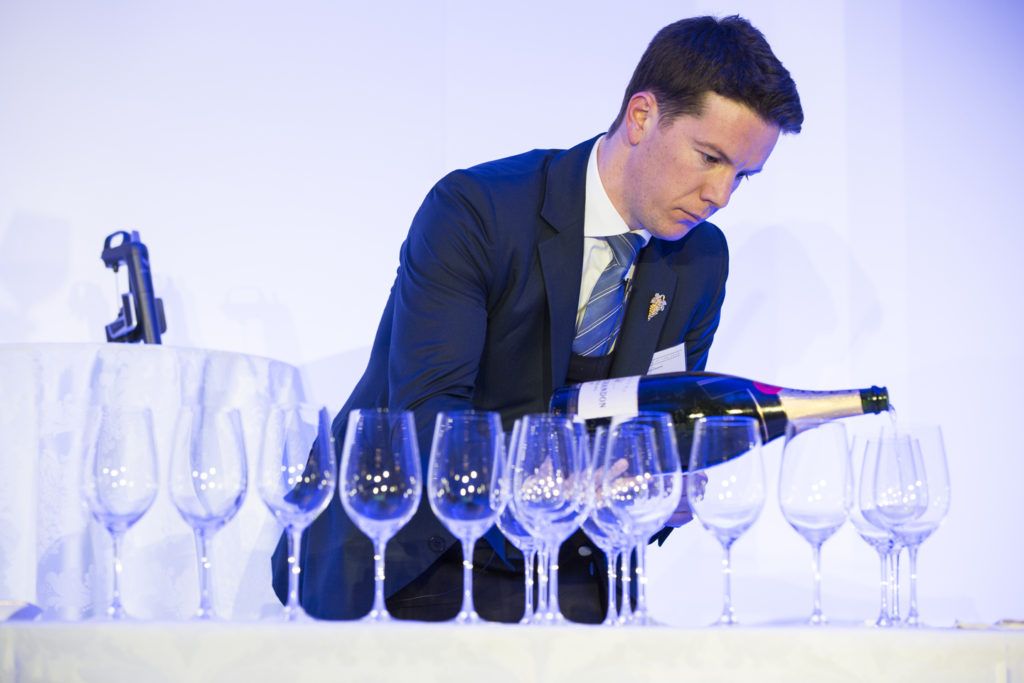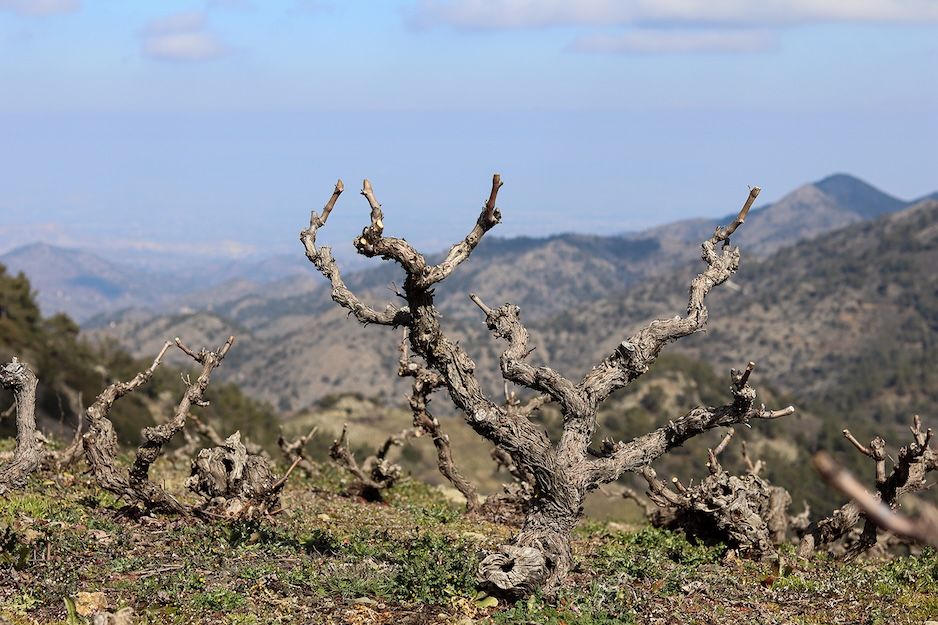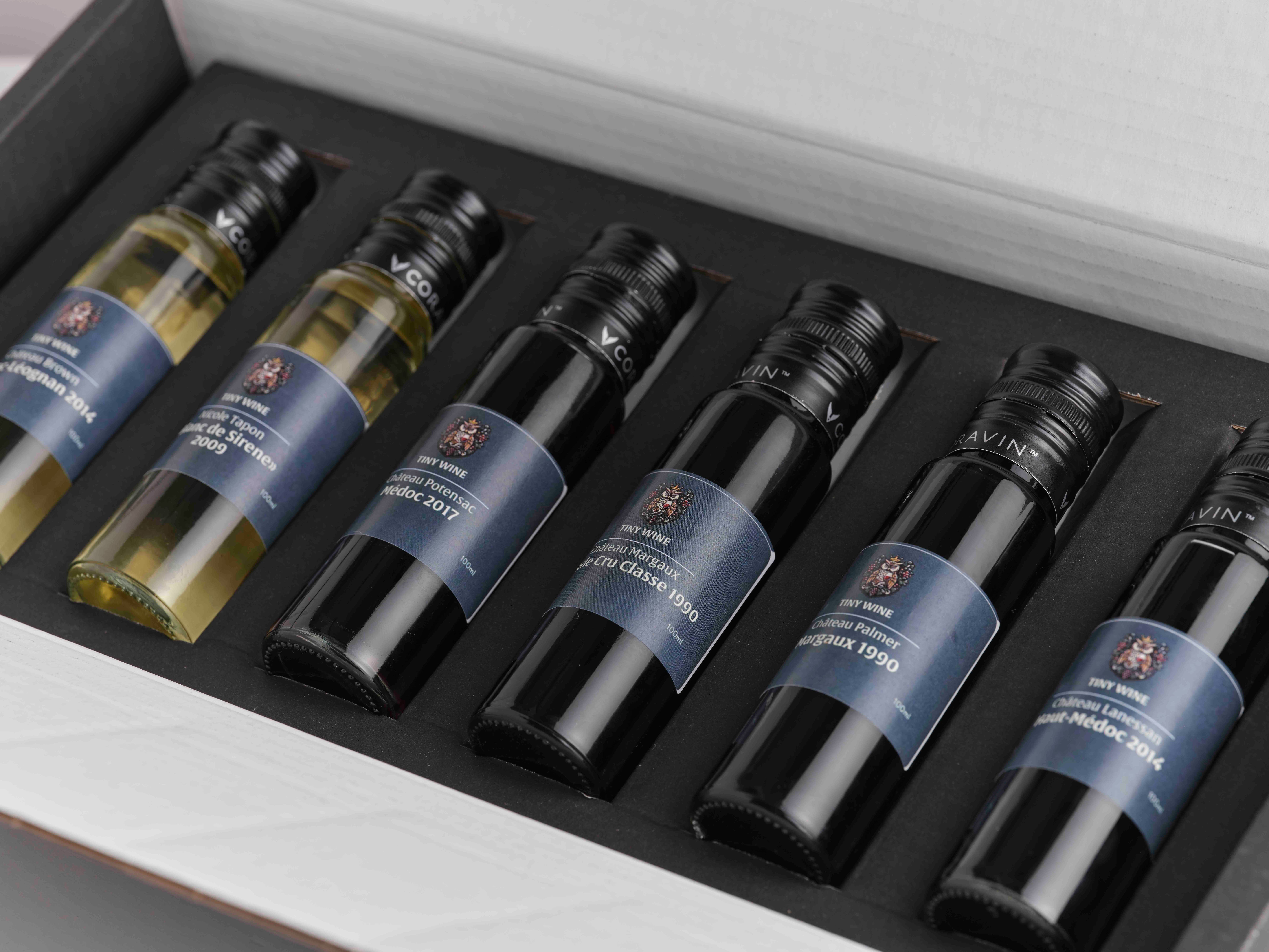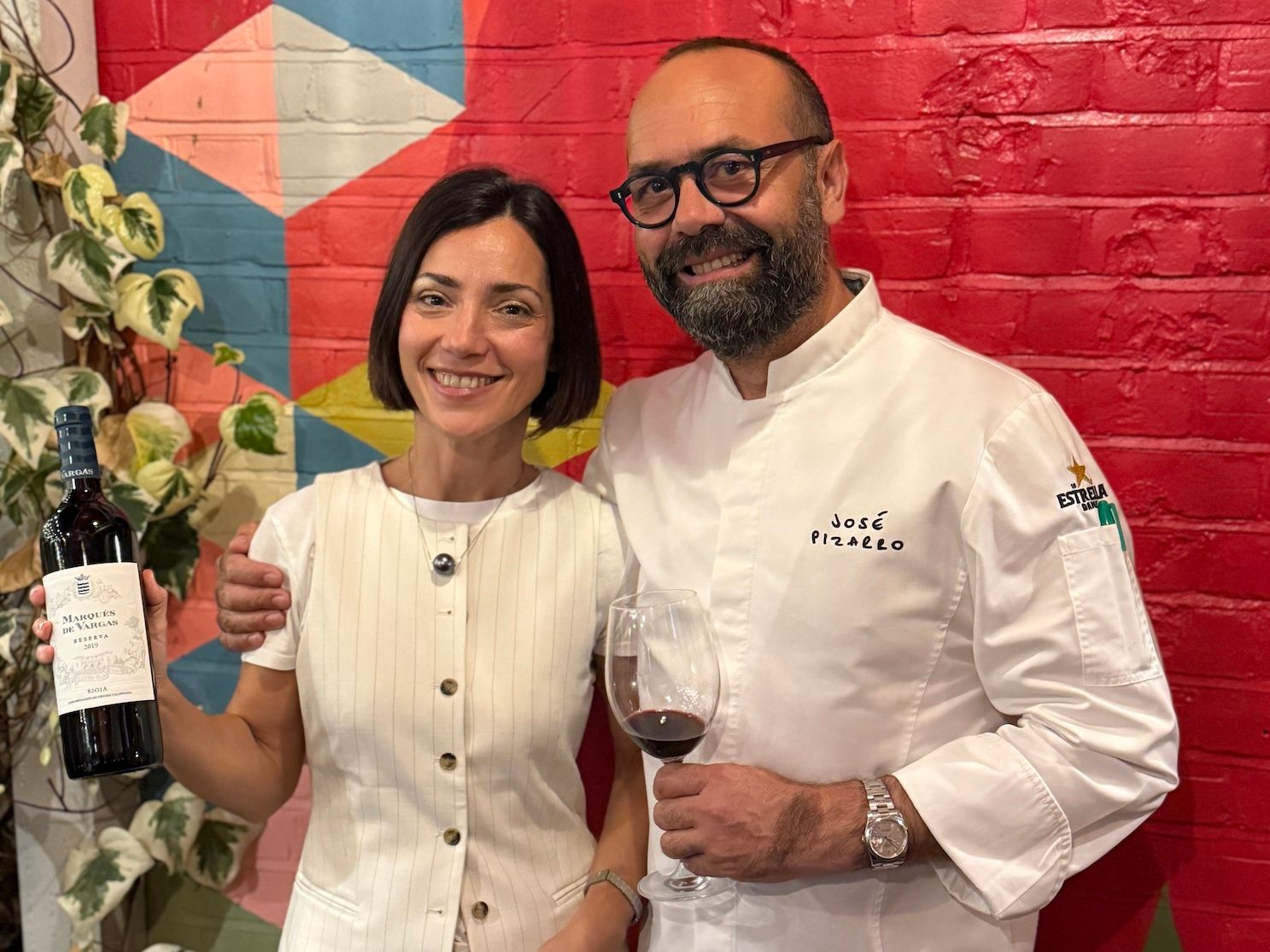Terry Kandylis has come a long way since he won the UK semi-final of Wines of South Africa’s 2013 Sommelier Cup. But understandably South African wine still plays a very important part in his life now at 67 Pall Mall.
Why did you enter Wines of South Africa’s Sommelier Cup?
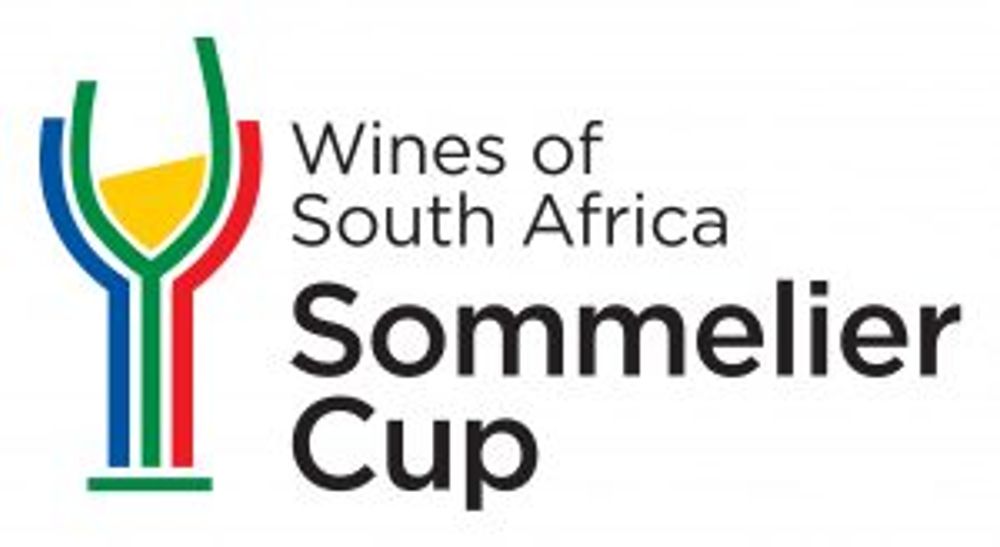
Because of the opportunity to travel to South Africa, of course, but as well to learn more about the country’s wines, its places and wine regions and understand more about its dramatic diversity.
Why would you encourage other sommeliers to take part?
Is a unique opportunity, a lifetime experience that many would wish for. Flying to South Africa and visiting the various regions and coming in contact with the country’s best winemakers doesn’t happen every day.
What did you learn about the experience of taking part in the UK event and then in the world final in South Africa?
I’ve managed to discover more about myself as well. Competing is not only to win, but to see where your strengths and weaknesses are, to become better and improve. I also managed to make some great friends!
How aware had you been of South African wines throughout your career?
To be honest my early impression was that the wines were lacking character and interest, if anything my thoughts were a bit negative and one-dimensional. But my trip to compete in the world finals of the Sommelier Cup in 2013 completely changed my mind.
Probably because the first examples we saw were not the country’s bests. But we have seen some tremendous improvements in the quality of South African over the the last few years.
What is your view on the current standard of South African wines coming out of the country?
The best wines do really deserve the attention of the wine connoisseurs. They are authentic and unique in style, but they also offer great value for money as well.
What are the main changes you are seeing in the types of wine being made?
We are seeing wines that reflect more their origin. That understand the French idea of terroir. We are also seeing a reduced use of new oak and a move to create fresher, lighter wines with character and typicity.
What do you think South Africa is doing particularly well?
Chenin Blanc, Syrah and generally speaking Mediterranean grape varieties. We should also not forget the great dessert wines emerging not only from Constantia but Klein Karoo as well.
Which areas or regions do you think need to improve?
The excitement found in areas like Walker Bay and Swartland is missing in the more established regions of Stellenbosch and Paarl. Clearly with a few great exceptions.
What are the stand out regions, varieties and wineries for you?
Swartland and Chenin are the two stand outs for me from South Arica. As well as spicy, earthy Syrah and Grenache or blends of those grapes with others in the area. And, of course, the wines of Walker Bay and Pinot Noir.
What advice do you have for other sommeliers entering competitions like the Sommelier Cup or the UK Sommelier of the Year?
To be equipped with patience and to stay focused on their targets. It is also important to remain humble and always have in mind that the destination doesn’t always matter, but the journey does.
What do you think have been the reasons for your success in these competitions?
I really don’t know. Maybe because I am good at keeping my composure and can handle the stress.
What are your ambitions still as a sommelier?
To keep on learning and improving. But to discover more and more is the greatest ambition.
What do you see as being the most important skills to have as a sommelier?
The ability to listen to your guests’ preferences and making the best choice for them. To be smiley and always creating the warmest environment. At the end of the day we are working in the hospitality industry and the most important skill to have is the ability to welcome our guests like we do at home.
And what skills do you think you will need to have in the future?
The ability to speak in public on wine; to have a greater knowledge of different wines’ marketing strategies; and maybe one day winemaking skills.
- The 2016 UK semi-final of WOSA’s 2016 Sommelier Cup competition was won earlier this week by Erik Simonics, sommelier at the Savoy, who will go on to compete in the world finals in September in Cape Town.
